Usually if there’s food in front of me, I’ll eat it without asking too many questions.
Up until now, I assumed that government agencies like The Food and Drug Administration (FDA) took all the guesswork out of what’s okay to eat and which things could be harmful to our well-being. But just because one country approves the commercial consumption of certain foods, doesn’t mean that these things meet the safety standards in other places. In fact, it’s widely believed that the U.S. FDA has some of the most relaxed safety guidelines, meaning that potentially harmful foods and drinks are mass-produced all across the country.
These 10 foods may be okay to eat here, but in other parts of the world, they’re illegal for a number of reasons.
1. Bread with potassium bromate

iStock
Where it’s illegal: Canada, China, and the European Union
Why? Many commercial bakeries use flour rich with potassium bromate because it helps make the dough more elastic. Studies, however, have linked the ingredient to kidney and nervous system damage. According to the International Agency for Research on Cancer, it is also a carcinogen.
2. Milk and dairy products laced with rBGH
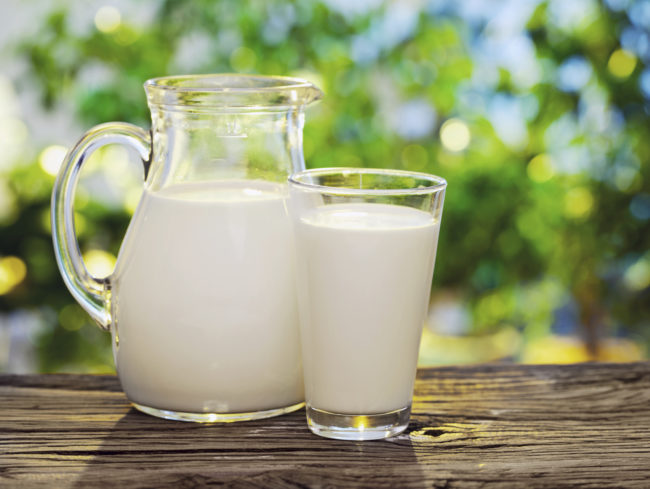
iStock
Where it’s Illegal: Australia, New Zealand, Israel, EU and Canada
Why? Dairy products laced with the synthetic bovine growth hormone rBGH can drastically change human tissue cells from healthy cells to cancerous ones. High amounts of rBGH can increase the risk for colorectal, prostate, and breast cancers.
Read More: Nutella Is Touted As Being Healthy, But We Really Shouldn’t Eat It — Here’s Why
3. Arsenic-laced chicken

iStock
Where it’s illegal: The EU
Why? The FDA approves the use of arsenic-based drugs in animal feed. They state that the organic arsenic used in the feed is much less harmful to humans than inorganic arsenic. Scientists have since proven that organic arsenic can quickly transform into inorganic arsenic. This arsenic has also been found in manure which is used as fertilizer and could potentially contaminate water systems during heavy rain.
4. Processed foods containing food dye
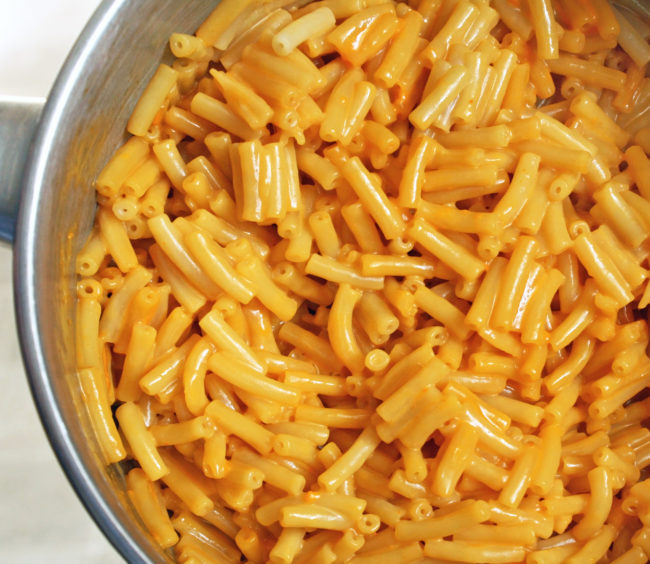
iStock
Where it’s illegal: Norway and Austria
Why? The artificial coloring agents found in processed foods like boxed mac and cheese, Jell-O, and many kids cereals are believed to be toxic and hazardous for children’s health. Some of the dyes contain carcinogens, while others have been shown to impact behavior in kids.
5. Ractopamine-tainted meat
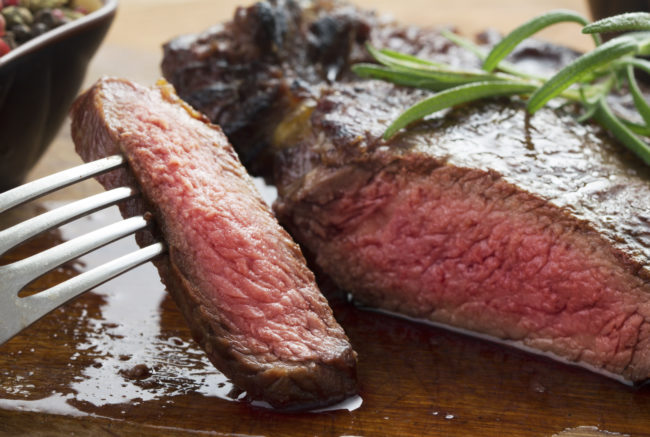
iStock
Where it’s illegal: Over 160 countries across Europe and in China
Why? Ractopamine is used in meats to reduce the overall fat content, however it has been linked to over 1,700 illnesses caused by eating meat containing the drug. In animals the drug is linked to reproductive problems and other disabilities. In humans, ractopamine is thought to be a cause of hyperactivity and chromosomal abnormalities.
6. Genetically engineered papaya
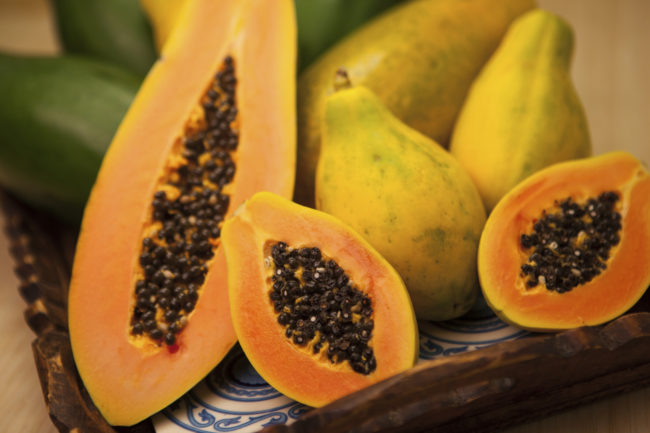
iStock
Where it’s illegal: The EU
Why? Most Hawaiian papayas are genetically engineered to prevent the ringspot virus. The effects of genetically engineered products on animals can include organ damage, tumors, birth defects, and generational sterility. The effects in humans is still relatively unknown.
7. Foods rich in BHA and BHT

iStock
Where it’s illegal: The EU and Japan
Why? These common preservatives are used in cereals, nut mixes, meat, chewing gum, and a variety of other foods. BHA is a known cause of cancer in rats, and is believed to do the same in humans. Both preservatives can cause an increase in hyperactivity and may cause allergic reactions.
8. Farm-raised salmon
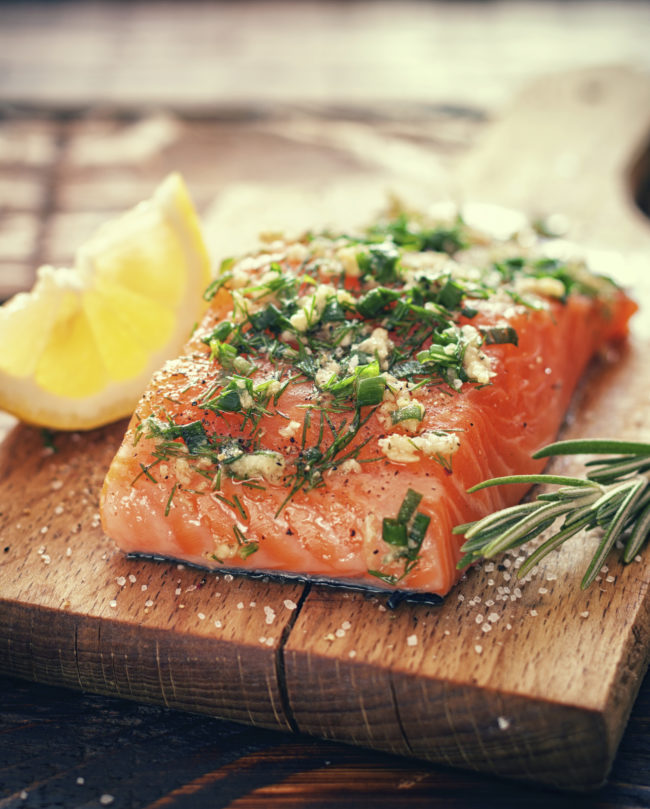
iStock
Where it’s illegal: Australia and New Zealand
Why? Farm-raised fish are force-fed a diet of grains and antibiotics that are not safe for human consumption. This diet can cause the unnatural greying of the fish’s flesh. This grey flesh is fought off with synthetic astaxanthin, which has not been approved for humans and is known to possess toxins that can damage your eyesight.
9. Foods made with olestra
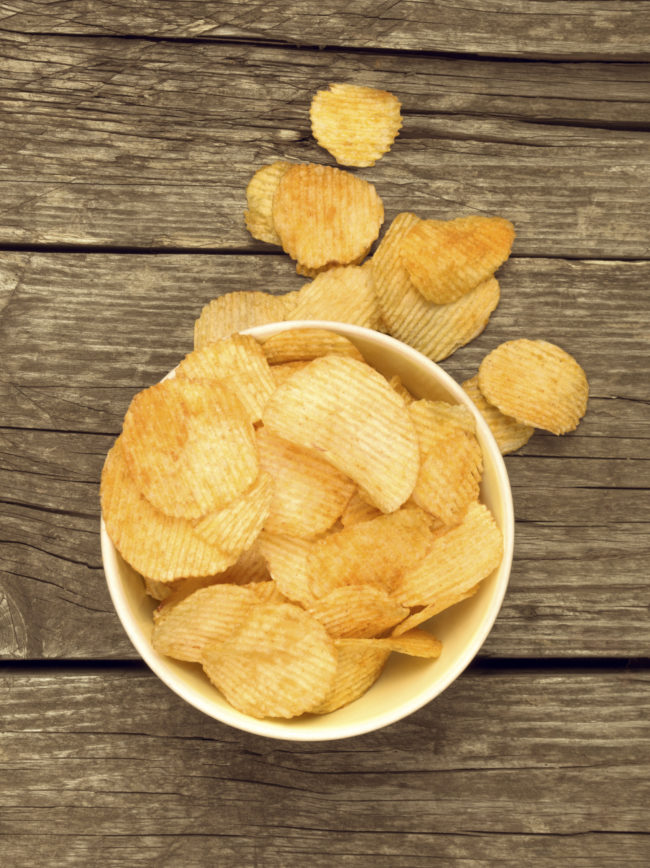
iStock
Where it’s illegal: The UK and Canada
Why? This calorie and fat substitute was created by Procter and Gamble to be used in fat-free snacks such as potato chips. The “fake” fat, however, has been known to cause weight gain as well as other intestinal effects like diarrhea, cramps, and leaky bowels. It also interferes with the absorption of key fat soluble vitamins.
Read More: When You Read These 19 Shocking Food Facts, You’ll Never Want To Eat Again
10. Flame-retardant drinks
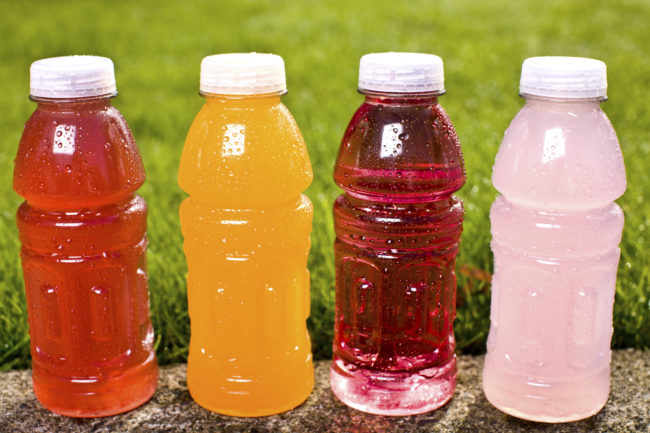
iStock
Where it’s illegal: The EU and Japan
Why? Most citrus-flavored sports drinks and sodas contain brominated vegetable oil, which is a known flame retardant. It has been linked to tremors and loss of muscle coordination. It can also cause iodine deficiency and is speculated to be a nervous system depressant.
I don’t know about you, but I’m going to start paying more attention to what I’m eating.
(via Mercola)
What do you think — should the FDA have stricter regulations and guidelines when it comes to the foods we eat?



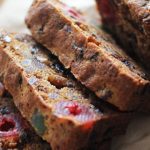
Comments